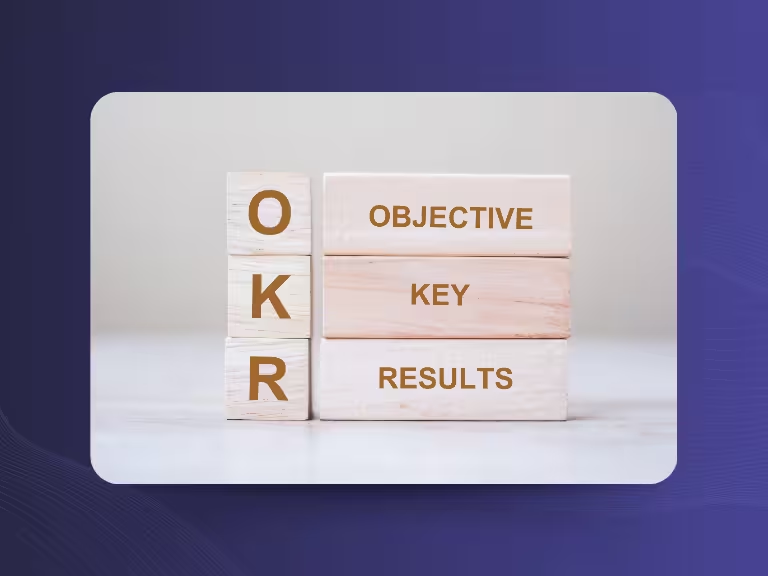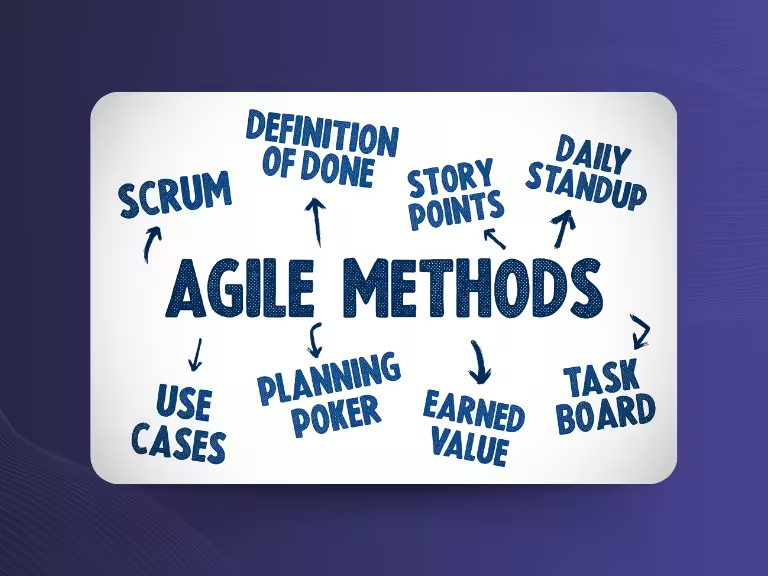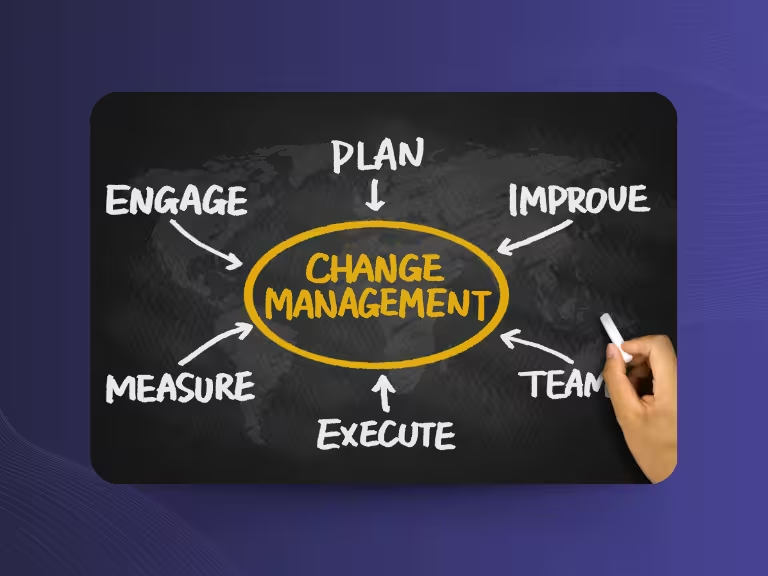Meeting Transcriptions Are the Future
Transcribing meetings is no longer just a nice-to-have. In an era of hybrid work, global teams, and increasing documentation requirements, transcription has become a business essential. But which tools truly deliver reliable, secure, and seamlessly integrated transcriptions for professional use?
This article compares two major players: google, with its ecosystem of Google Meet, Gemini, and the Speech-to-Text API, and Cisco Webex Assistant, part of the business-focused Webex platform. We'll also take a brief look at sally, a specialized tool that outperforms both in some key areas.
Google Gemini vs Cisco Webex Assistant: A Quick Overview
Google Workspace & Gemini
Google has heavily invested in AI across its workspace tools. Gemini (formerly Duet AI) offers smart support for meetings, transcription, summaries, and more. This suite includes:
- Google Meet for video conferencing
- Gemini features for automated notes and summaries
- Google Cloud Speech-to-Text API for developers and advanced use cases
Cisco Webex Assistant
Cisco takes a different approach. Webex Assistant Is a fully integrated feature of Webex Meetings, offering real-time transcription, speaker identification, voice commands, and AI-powered summaries. Cisco puts a strong focus on the meeting experience and post-meeting workflows, targeting companies that want to automate and document their meetings systematically.
Feature Comparison
Transcription Quality & Speech Recognition
Google leverages cutting-edge AI models like Chirp And the Universal Speech Model, supporting over 125 languages via its Cloud Speech-to-Text API. It handles dialects and technical jargon well. However, Google Meet Currently supports transcription in only 8 languages, sufficient for many global companies.
Cisco also uses AI for high-accuracy transcriptions in Up to 13 languages. Its real-time transcription performs well even with multiple speakers or background noise. Importantly, Cisco processes voice data internally, enhancing data security.
Live Transcription vs File Upload
Google Meet Offers built-in live transcription, which is saved and attached to the calendar event. For post-meeting transcription or file uploads, users must rely on the Google Cloud Speech-to-Text API, which is more developer-focused.
Webex Also enables live transcription, which is automatically saved when recording is enabled. However, it does not support generic audio file uploads, its focus remains on live meetings. Developers can connect external streams via APIs.
Speaker Identification & Attribution
Google Uses Speaker Diarization to distinguish between voices, but Google Meet Does not always assign names correctly. The Cloud STT API Allows more accurate tagging if separate audio tracks are used.
cisco Excels here: Webex Assistant typically assigns speech to the correct participant, even when multiple people speak through one microphone. This makes follow-ups much easier.
Automated Notes, Summaries & Action Items
Gemini provides a ”Notes for me” Feature to summarize key meeting points, but it currently supports only English. Transcripts are saved as Google Docs and shared with participants.
Cisco goes further. Webex Assistant identifies tasks and decisions and includes interactive features like”Catch me up“or AI-based queries like ”What are the action items?” Summaries are instantly available post-meeting.
Export & Editing Options
With Google, transcripts are editable in Google Docs and can be exported to Word, PDF, and other formats. This allows for easy collaboration and editing. Sync with Google Drive is seamless.
Webex allows transcript export in text or subtitle (VTT) format, but editing must happen outside the platform. While tasks and highlights can be modified, the transcript itself isn't natively editable.

Integration into business workflows
Google: Seamless Integration with Workspace
Google offers deep integration within its workspace ecosystem. Transcripts are stored in Google Drive, Notes are linked in Google Calendar, and AI-generated summaries are delivered as Google Docs. The Cloud Speech-to-Text API Further enables custom workflows and automation for more advanced needs.
Cisco: Workflow integration with Webex and Beyond
Cisco Excels in Cross-Platform Integration, with Connections to Slack, Outlook, Microsoft Teams, and others. Transcripts and summaries are stored within Webex Spaces And can be automatically routed to relevant project channels. APIs support deep integration into CRM or ticketing systems.
Data Privacy and Compliance
Data Protection at Google
Google offers EU data residency, encryption, GDPR-compliant processing agreements, and even On-premises options for the Cloud STT API. However, not all Gemini features are available in every region or sector. Many services are hosted in US-based data centers, which can pose challenges for companies with strict European data protection or compliance requirements.
Data Protection at Cisco
Cisco stands out for its rigorous privacy protocols. All speech data is processed in-house, with no third-party access. Organizations can choose the region for data storage, a key advantage for companies operating under EU regulations.

User Experience & Admin Control
User Experience with Google
Google Meet is widely recognized for its intuitive interface. Transcription and notes can be activated with just a few clicks. Admins benefit from centralized control via Google Workspace, with policy enforcement options for data security.
User Experience with Cisco
Webex Assistant offers more features, such as Voice Commands and Interactive AI queries. This makes it more powerful, but also more complex. For large enterprises, Cisco provides extensive admin controls via the Webex Control Hub.
Pricing and Licensing Models
Google's Pricing
Transcription is available starting with the Business Standard Plan. AI summaries require a Gemini add-on, and the Speech-to-text API Is billed separately based on usage. This Model Suits Businesses Seeking Flexibility and scalability.
Cisco's Pricing
Webex Assistant is included in paid Webex plans. Real-time transcription is standard, while premium features like multilingual subtitles Or advanced integrations may cost extra. Cisco also offers Enterprise Bundles tailored for large organizations.
Conclusion: Which Transcription Tool is Right for You?
Google: Best for Google Workspace-Centric Teams
Google is ideal for teams already using Google Workspace Who want to process meeting content directly within Docs and Drive. The platform is modern, flexible, and appealing to developers thanks to the Cloud STT API.
Google Transcription Strengths:
- Deep integration with Google Workspace
- Excellent Recognition in 125+ Languages
- Highly customizable via Cloud Speech-to-Text API
Google Transcription Weaknesses:
- Speaker attribution in Google Meet could be improved
- Many AI features are English-only
- Some data processed in US-based data centers
Cisco: Best for Structured Meetings and Compliance-Focused Companies
Cisco is Tailored for Organizations Prioritizing structured meeting workflows, data security, and Tight Collaboration Tool Integration. It stands out with its speaker recognition and AI-powered meeting follow-up.
Cisco Transcription Strengths:
- Accurate Speaker Tagging with Real Names
- Interactive AI support (e.g., “Catch me up”)
- Broad integrations with tools like Slack, Outlook, MS Teams
Cisco Transcription Weaknesses:
- Fewer supported languages than Google
- Transcripts not natively editable on the platform
The Alternative That Doesn't Compromise
Choose a Specialized Tool Like Sally AI
Sally is a dedicated transcription and meeting analytics platform built with European data privacy At its core. Unlike Google and Cisco, which treat transcription as a feature within larger ecosystems, Sally focuses entirely on structured, precise, and fully compliant meeting documentation.
Sally's Advantages
Outstanding Transcription Accuracy:
Sally produces highly reliable transcripts, even for complex topics or multi-speaker conversations. It accurately detects speaker changes, technical terms, and semantic context, delivering clear, structured summaries with minimal editing required.
High-level automation:
Unlike many generic tools, Sally automatically generates tasks, follow-ups, and summaries without user input. Its context-based automation identifies key statements and transforms them into actionable items or decisions on the spot.

Top-tier data protection standards
Sally Processes All Data exclusively within the EU And complies with strict GDPR regulations. Unlike Google or Cisco, there is no risk of data being processed in US data centers or accessed by third parties. This makes Sally particularly appealing for organizations handling sensitive information.
Advanced Meeting Analysis Features
Sally goes beyond transcription to deliver true Meeting Analytics. It automatically segments content into thematic sections, clearly maps speakers and dialogue flows, and highlights links between decisions and action items for full traceability.
Position in the Market
Compared to Google and Cisco, which are designed as broad collaboration suites, Sally is laser-focused on transcription accuracy and meeting evaluation. This specialization makes it particularly attractive for SMEs, Consultancies, and Organizations with Elevated Security or Analysis Requirements. While Google Wins on Workspace Integration and Cisco Shines in Collaboration, Sally offers a Superior Solution in Privacy, Automation, and Analytical Depth.
Final Verdict: Google, Cisco Webex, or Sally?
Choosing the right transcription tool depends entirely on your organization's needs. Google and Cisco provide powerful, though differently aligned, solutions. But if you're looking for deeper analytical capabilities, maximum customization, and full European data compliance, Sally is well worth exploring.
Start your free trial today to see how Sally can transform your meeting workflows. Test Sally now for free and see for yourself.

Test Meeting Transcription now!
We'll help you set everything up - just contact us via the form.
Test NowOr: Arrange a Demo Appointment




